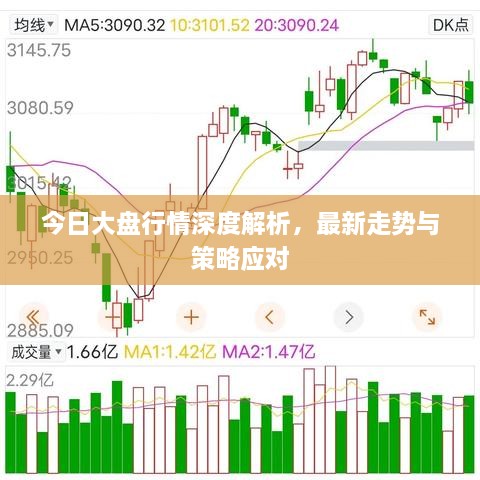Introduction to the Importance of Data Accumulation
Data accumulation is a fundamental aspect of modern technology and business. In an era where information is power, the ability to gather, store, and analyze data is crucial for making informed decisions and staying competitive. This article delves into the significance of data accumulation, its methods, and the challenges it presents.
Why Accumulate Data?
The primary reason for accumulating data is to gain insights and make predictions. With the right data, businesses can identify trends, anticipate market changes, and tailor their strategies accordingly. Here are some key reasons why data accumulation is vital:
**Informed Decision-Making**: Data provides a factual basis for decision-making, reducing the reliance on intuition or guesswork.
**Customer Insights**: Accumulating customer data helps businesses understand their needs and preferences, leading to better products and services.
**Operational Efficiency**: Data analysis can identify inefficiencies in processes, enabling organizations to streamline operations and reduce costs.
**Market Analysis**: Data allows businesses to analyze market trends, competitor strategies, and consumer behavior, aiding in strategic planning.
**Risk Management**: Data helps in identifying and mitigating risks, whether it's financial, operational, or reputational.
Methods of Data Accumulation
Data can be accumulated through various methods, each with its own advantages and challenges:
**Surveys and Questionnaires**: These are effective for collecting quantitative and qualitative data from a large number of respondents.
**Transactions**: Data from sales, purchases, and other transactions can provide valuable insights into customer behavior and market trends.
**Sensor Data**: IoT devices and sensors can generate vast amounts of data, useful for monitoring and optimizing various aspects of a business or service.
**Public Datasets**: Governments and organizations often release datasets that can be used for research and analysis.
**Social Media**: Social media platforms offer a wealth of data about consumer opinions, trends, and preferences.
Challenges in Data Accumulation
While data accumulation offers numerous benefits, it also comes with its own set of challenges:
**Data Quality**: Ensuring the accuracy, completeness, and relevance of data is a significant challenge. Poor data quality can lead to misleading conclusions and decisions.
**Data Privacy**: Accumulating and analyzing data raises privacy concerns, especially when personal information is involved. Compliance with data protection laws is essential.
**Data Overload**: With the exponential growth of data, organizations can face challenges in managing, storing, and analyzing it all effectively.
**Data Integration**: Combining data from different sources can be complex and time-consuming, requiring advanced tools and expertise.
**Data Security**: Storing and transmitting data securely is critical to prevent unauthorized access and data breaches.
Technologies and Tools for Data Accumulation
Advancements in technology have made data accumulation more accessible and efficient:
**Cloud Computing**: Cloud services offer scalable and cost-effective storage solutions for large datasets.
**Big Data Technologies**: Tools like Hadoop and Spark are designed to handle and analyze massive volumes of data.
**Data Warehousing**: Data warehouses provide a centralized repository for storing and analyzing large amounts of structured and unstructured data.
**Data Visualization**: Tools like Tableau and Power BI help in presenting data in a meaningful and actionable way.
**Machine Learning and AI**: These technologies can automate the data accumulation process and provide predictive insights.
The Future of Data Accumulation
The future of data accumulation is poised to be even more dynamic and complex:
**Increased Automation**: Automation will play a larger role in data collection, processing, and analysis.
**Edge Computing**: This approach involves processing data closer to the source, reducing latency and improving efficiency.
**Blockchain**: Blockchain technology could enhance data integrity and security, particularly in scenarios involving shared data.
**Ethical Data Usage**: As data privacy concerns grow, there will be a greater emphasis on ethical data
转载请注明来自浙江一对一电气有限公司,本文标题:《不断积累数据英文,表示积累的英文谚语 》











 蜀ICP备2022005971号-1
蜀ICP备2022005971号-1
还没有评论,来说两句吧...